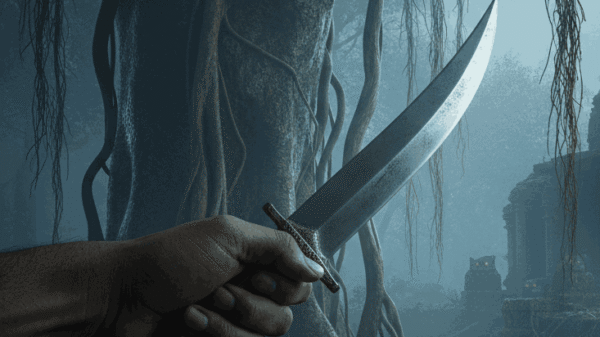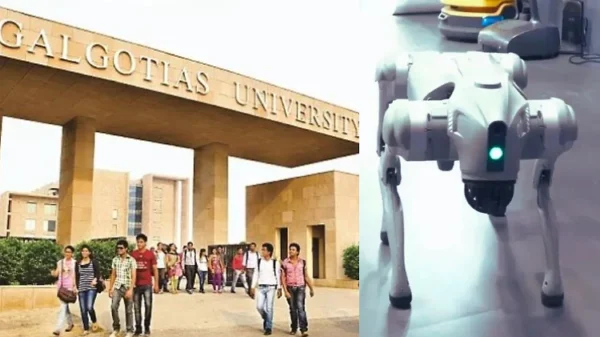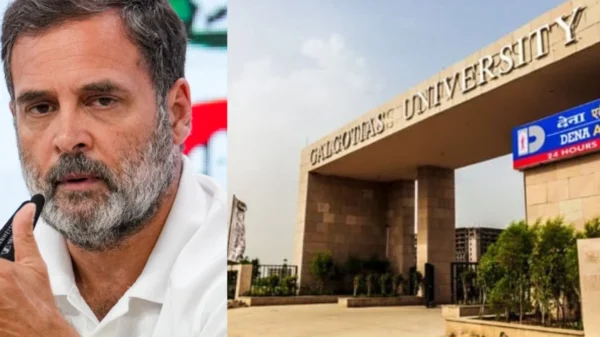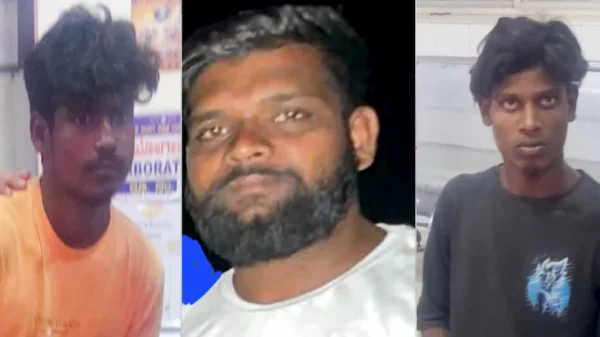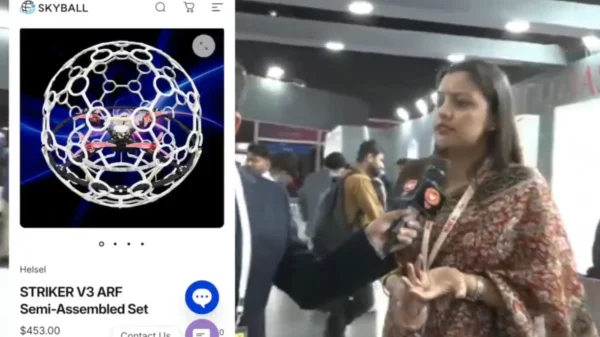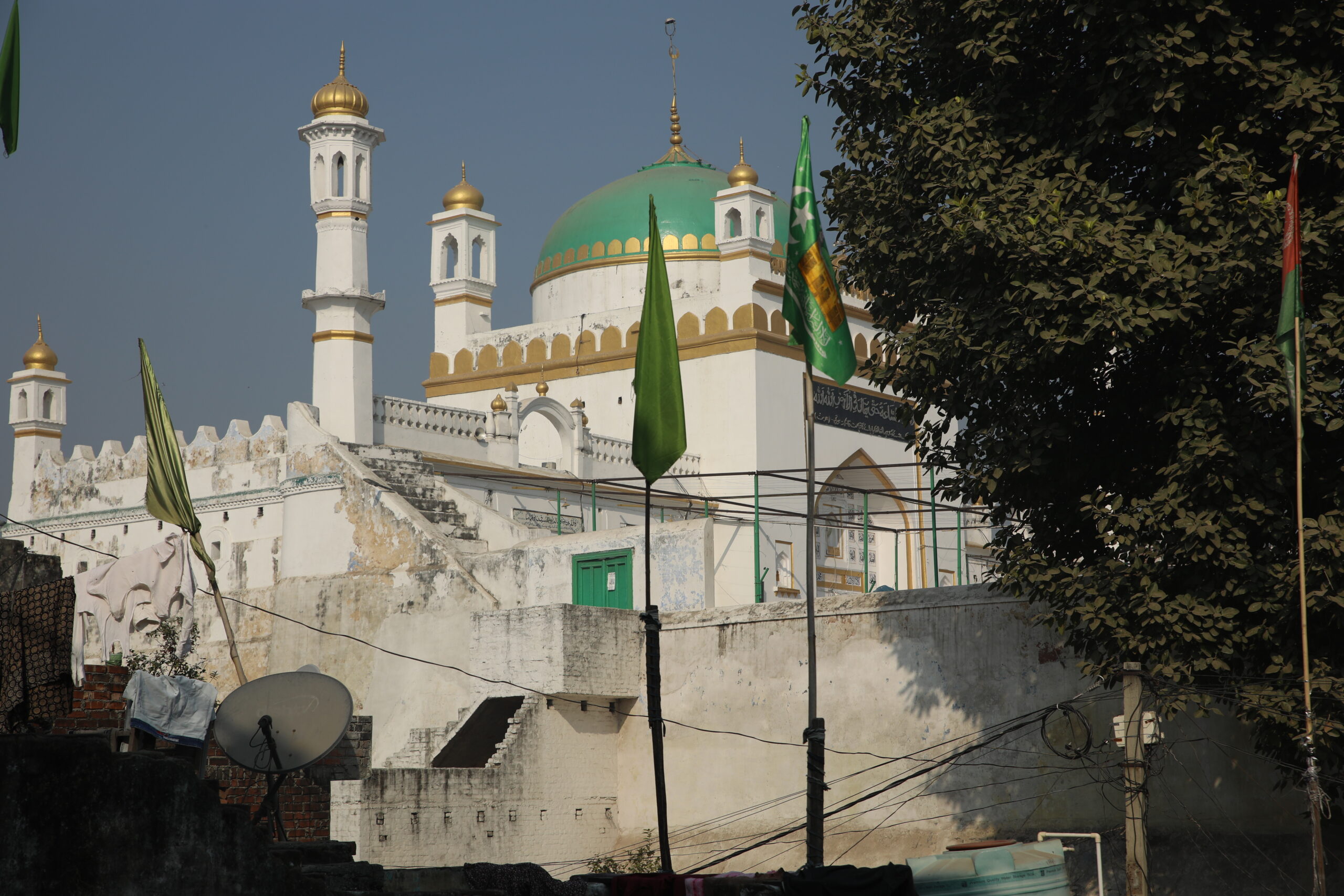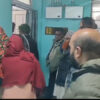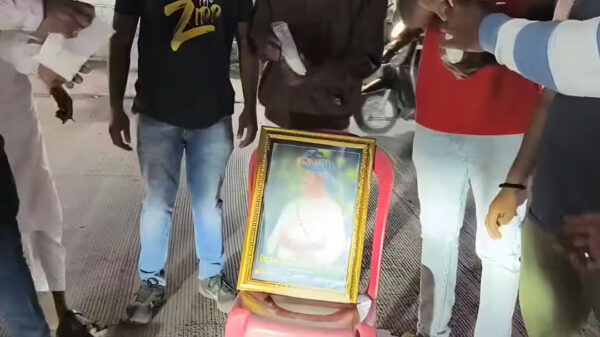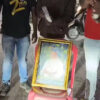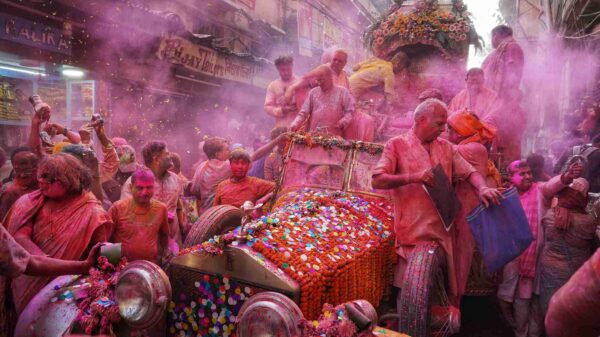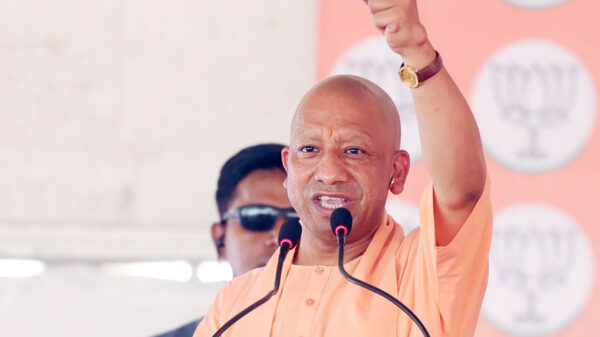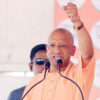After the consecration of the Ram temple in Ayodhya on January 24, religious disputes between temples and mosques have intensified across Uttar Pradesh in 2024. The violence reached its peak in Sambhal, where four people lost their lives following a court-ordered survey of the Shahi Jama Masjid, which Hindu groups claim was the site of an ancient temple.
Here’s a brief look at some of the key disputes that have surfaced:
Sambhal
Sambhal has been in the spotlight since November 19, when a Mughal-era mosque was surveyed following claims that a Harihar temple stood at the site in the past. On November 24, violence broke out during a second survey, leading to clashes between protesters and security personnel. “Four lives were lost and many others were injured,” said a local official.
Budaun
In Budaun, a Hindu group has approached the local court seeking permission to pray at the Jama Masjid Shamsi, claiming the mosque was built on the site of a Neelkanth Mahadev temple. The court asked the Muslim side to conclude their arguments by December 10. This dispute dates back to 2022 when Mukesh Patel, leader of the Akhil Bharat Hindu Mahasabha, first raised the issue.
Varanasi
In the ongoing Gyanvapi case, Hindus claim that a temple existed at the site before it was demolished by Emperor Aurangzeb in the 17th century. “Aurangzeb’s orders led to the destruction of the Adi Visheshwar Kashi Vishwanath temple,” said Madan Mohan Yadav, a lawyer representing the Hindu side.
Mathura
The Krishna Janmabhoomi-Shahi Idgah dispute continues to be a sensitive issue in Mathura. Hindus claim that the Shahi Idgah mosque was built after demolishing a temple at Lord Krishna’s birthplace. The Muslim side has opposed this claim, arguing that the mosque was built legally.
Lucknow
In Lucknow, the issue revolves around the Laxman Teela site, where a Hindu group filed a civil suit claiming a temple of Shesh Nagesh Teeleshwar Mahadev exists near the Teelewali Masjid. The court rejected the appeal, but the issue remains contentious.
Baghpat
In Baghpat, a decades-old petition was dismissed after it was claimed that a site in Barnawa, thought to be the Mahabharat-era “Lakshagriha,” was a dargah of Sufi saint Sheikh Badruddin. The court ruled there was no evidence to support the claim.
Jaunpur
In Jaunpur, the Atala Masjid dispute has been delayed until March 2, 2025. The case was filed by Santosh Kumar Mishra, president of the Swaraj Vahini Association, who wants the property to be declared a Hindu temple and open for worship.
Supreme Court’s Intervention
In December, the Supreme Court intervened, directing all courts to refrain from passing orders on cases related to religious sites under the Places of Worship (Special Provisions) Act, 1991. This has led to delays in many such disputes.
RSS Chief’s Statement
On December 16, Rashtriya Swayamsevak Sangh (RSS) chief Mohan Bhagwat called for an end to the constant raking up of such disputes. “India needs to show that we can live together,” he said, emphasizing the importance of an inclusive society.
Public Reactions
The handling of these disputes has drawn mixed reactions. Retired Justice D P Singh criticized the survey in Sambhal, saying, “The magistrate should have followed the law properly. There was no urgency.”
On the other hand, lawyer Ankur Saxena argued, “This burden of secularism was bound to break someday. The issue is the appeasement policy of previous governments.”
Acharya Satyendra Das, head priest of the Ram temple in Ayodhya, suggested that similar court decisions be made regarding other temple-related disputes. He stated, “Just like the Ramjanmabhoomi case, these cases should also be decided by the court.”
However, Khalid Rashid Farangi Mahli, a senior member of the All India Muslim Personal Law Board, called for the full implementation of the Places of Worship (Special Provisions) Act, 1991. He said, “This law should be followed in letter and spirit to avoid unnecessary conflict.”







